Explore Different Autism Treatment Options in Turkey
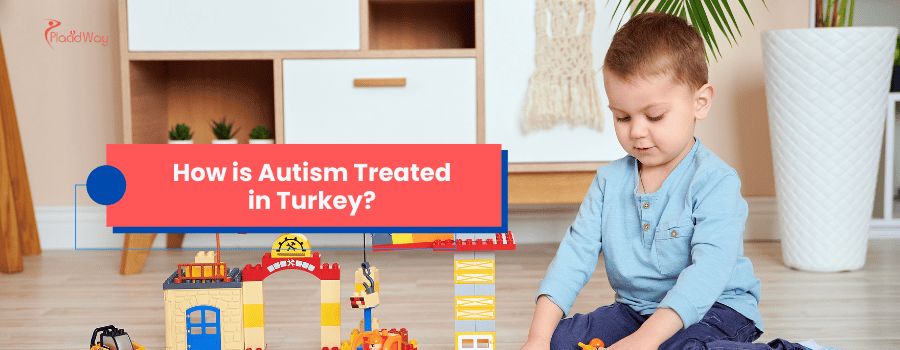
Navigating the landscape of autism treatment can be a complex journey for families worldwide. Turkey has emerged as a notable destination for individuals seeking comprehensive and often more affordable care options for Autism Spectrum Disorder (ASD). This guide aims to provide a detailed overview of how autism is treated in Turkey, addressing common questions and offering insights into the various therapies, costs, and facilities available. Our goal is to offer clear, helpful information in a human, approachable tone, incorporating key terms like autism treatment, autism therapy, and stem cell therapy for autism to help you understand the options available.
What are the primary approaches to autism treatment in Turkey?
Autism treatment in Turkey is multifaceted, combining conventional and advanced therapeutic methods. Applied Behavior Analysis (ABA) is a widely recognized and effective behavioral therapy that focuses on improving specific behaviors, such as social skills, communication, and learning, through systematic interventions. Many centers in Turkey specialize in delivering ABA therapy, often tailoring programs to the individual needs of each child.
Beyond ABA, other crucial therapies include speech and language therapy, which addresses communication challenges, and occupational therapy, which helps individuals develop daily living skills and sensory integration. These therapies are often integrated into a holistic treatment plan. Additionally, Turkey has gained recognition for offering stem cell therapy for autism, a newer approach that aims to address underlying biological factors associated with ASD, though it is important to note that this is still considered an experimental treatment by many global medical bodies.
Is stem cell therapy for autism available in Turkey, and what does it involve?
Turkey is one of the countries that has actively explored and implemented stem cell therapy as a potential autism treatment. Stem Cell Clinics in Turkey utilize different types of stem cells, including fetal stem cells and umbilical cord stem cells, with a preference for fetal stem cells in some advanced clinics due to reported higher success rates. Autologous stem cell therapy, where cells are sourced from the patient's own fat tissue or bone marrow, is also performed, minimizing the risk of rejection.
The process typically involves a thorough medical evaluation to determine suitability, followed by the extraction and processing of stem cells. These prepared cells are then administered, usually intravenously. The goal of stem cell therapy for autism is to promote brain development, address issues like hypoperfusion (reduced blood flow) and immune dysregulation, and potentially mitigate or eliminate various challenges faced by autistic children. Many clinics combine stem cell therapy with other supportive treatments like nutrition plans, behavioral therapy, and brain-focused supplements for a comprehensive approach.
What is the typical cost of autism treatment in Turkey?
The affordability of autism treatment in Turkey is a significant factor for many international families. For instance, stem cell therapy for autism in Turkey can cost between $5,000 and $19,000. This is considerably less expensive compared to European countries, America, or Canada, where similar treatments might range from $23,000 to $60,000. The exact price depends on several factors, including the specific clinic, the type and number of stem cell sessions, and any additional therapies included in the package.
For example, some packages might include accommodation and transportation, while others only cover the medical procedure itself. Cities like Istanbul tend to have higher costs due to advanced facilities, while Ankara and Izmir might offer more budget-friendly options. It's always recommended to get detailed quotes from multiple clinics to understand the full financial commitment.
What age and weight criteria apply for stem cell therapy for autism in Turkey?
These criteria are in place to ensure the safety and potential effectiveness of the treatment. The minimum age of 3.5 years allows for some developmental maturity, while the minimum weight of 20 kilograms is often related to dosage calculations and the general physiological capacity to undergo the procedure. These guidelines help clinics ensure that the patient is physically ready for the therapy and to maximize the chances of a positive outcome.
What is the success rate of autism treatment, especially stem cell therapy, in Turkey?
It's important to clarify that there is currently no definitive cure for autism. However, autism treatment aims to alleviate symptoms, improve daily functioning, and enhance the overall quality of life for individuals with ASD. Clinics in Turkey offering stem cell therapy for autism report high efficacy rates, often exceeding 85% in terms of symptom reduction and developmental progress. Some specialized centers even claim success rates of 95% to 98% in children, indicating significant improvements in communication, behavior, and cognitive function.
These success rates are often attributed to the integrated approach adopted by Turkish clinics, combining stem cell therapy with other conventional therapies and supportive care. While not a cure, the goal is to support developmental progress and reduce the core symptoms that impact an individual's life.
What other therapies are commonly combined with stem cell therapy for autism in Turkey?
The integrated approach to autism treatment in Turkey is a key aspect of its appeal. Recognizing that autism is a complex condition with varied manifestations, clinics aim to provide comprehensive care that addresses multiple facets of the disorder. Alongside stem cell therapy, patients often receive personalized nutrition plans designed to support gut health and overall well-being, as gastrointestinal issues are common in individuals with ASD.
Behavioral therapies, especially ABA, are crucial for developing essential life skills, improving communication, and managing challenging behaviors. Brain-focused supplements, tailored to individual needs, may also be incorporated to support neurological health and function. This holistic strategy is designed to create a synergistic effect, maximizing the potential benefits of stem cell therapy and other interventions.
What are the steps involved in undergoing stem cell therapy for autism in Turkey?
The process of receiving stem cell therapy for autism in Turkey is generally structured and systematic. It begins with a thorough medical evaluation, which may include genetic testing and brain imaging, to assess the child's condition and determine their suitability for the therapy. Once deemed a candidate, stem cells are typically extracted from the child's own bone marrow or adipose (fat) tissue, though donor cells (like umbilical cord blood) may also be used.
The extracted cells are then processed in a specialized laboratory to concentrate and prepare them for injection. The administration of the stem cells is usually done intravenously, often over several sessions. Following the treatment, patients are closely monitored for any changes in symptoms, and follow-up visits are scheduled to track progress and adjust any ongoing therapies. While the procedure itself is minimally invasive, a full recovery and noticeable improvements can take weeks to months.
What are the benefits of choosing Turkey for autism treatment?
Turkey has become an attractive destination for families seeking autism treatment due to several key advantages. The cost-effectiveness of treatments, particularly for stem cell therapy, is a major draw, offering significant savings compared to Western nations without compromising on quality of care. Many clinics in Turkey are internationally accredited, adhering to high medical standards and utilizing modern equipment and techniques.
Furthermore, Turkish clinics often adopt an integrated and holistic approach, combining advanced treatments with conventional therapies and supportive care. This comprehensive strategy, which includes personalized nutrition plans, behavioral interventions, and specialized education, provides a well-rounded treatment experience. The presence of experienced medical professionals, including neurologists and stem cell therapy specialists, further enhances Turkey's appeal as a medical tourism hub for autism treatment.
How is autism diagnosed in Turkey?
Early diagnosis is considered vital for effective autism treatment, and Turkey's healthcare system employs a structured approach to identifying Autism Spectrum Disorder. The process usually begins when parents or primary care physicians notice early signs or developmental delays. Children suspected of having ASD are referred to child and adolescent psychiatry outpatient clinics.
During the diagnostic process, specialists conduct comprehensive evaluations. This includes in-depth interviews with parents to gather information about the child's developmental history, medical background, and current behavioral and social difficulties. The child undergoes psychiatric examination and behavioral observation. Standardized tools such as the Modified Checklist for Autism in Toddlers (M-CHAT) and the Childhood Autism Rating Scale (CARS) are often used to aid in the assessment. Clinical diagnosis is made based on established criteria, such as those outlined in the Diagnostic and Statistical Manual of Mental Disorders (DSM-5). Further tests, like blood tests, MRI, or EEG, may be ordered if necessary to rule out other conditions.
What role does early intervention play in autism treatment in Turkey?
The importance of early intervention in autism treatment cannot be overstated, and Turkey emphasizes its role in improving outcomes for children with ASD. Early intervention programs are designed to address the developmental needs of young children who may be at risk for or have identified developmental delays or disabilities. These programs aim to provide timely and targeted interventions to promote optimal development across various areas, including communication, cognition, social-emotional skills, and motor skills.
In Turkey, early intervention services are primarily provided by the Ministry of Family, Labour, and Social Services, as well as the Ministry of National Education. Programs like the Portage Program, Small Steps Early Intervention Program, and the Behavioral Education Program for Children with Autism (OÇ?DEP) are implemented. These programs often involve a team of professionals, including occupational therapists, speech-language therapists, and educators, and emphasize active parental participation, viewing parents as partners in the intervention process. Research in Turkey supports the effectiveness of early intervention in leading to positive outcomes later in life for individuals with autism.
Are there special education facilities for autism in Turkey?
Turkey has a growing number of special education facilities dedicated to supporting individuals with autism. These facilities range from specialized schools, like the one established by the Tohum Autism Foundation, to rehabilitation centers that offer comprehensive educational and psychological support. These institutions are designed to meet the unique learning needs of children and adolescents with autism, providing individualized programs that focus on developing academic skills, social skills, independent living skills, and behavior management strategies.
The services offered often include comprehensive treatment and care, personalized ABA therapy, and collaboration with families and mainstream schools. While there has been a historical need for more such facilities, efforts are being made to expand access to quality special education for children with autism across the country.
What kind of support is available for families of individuals with autism in Turkey?
Families of individuals with autism face unique challenges, and in Turkey, various forms of support are available to help them navigate these complexities. Professional organizations and foundations play a crucial role in providing resources, information, and community connections. The Tohum Autism Foundation, for instance, is a prominent organization that offers support and advocacy for individuals with autism and their families.
This support often includes psychological counseling for parents, social support groups where families can share experiences and strategies, and educational guidance on how to best support their child's development. Some clinics and centers also integrate family involvement into their autism treatment plans, offering training and guidance to parents on how to implement therapeutic strategies at home and promote their child's progress in daily life.
What research is being conducted on autism in Turkey?
Turkey is actively contributing to the global understanding of autism through various research initiatives. Studies are being conducted on the effectiveness of different autism treatment approaches, including the impact of stem cell therapy and various behavioral and educational programs. For example, research has explored the effectiveness of the Turkish version of the Responsive Teaching program as an online group intervention for autistic children and their fathers, demonstrating positive outcomes in interactional behaviors and social skills.
Additionally, there is research focused on the validation of diagnostic tools for autism in the Turkish population, such as the Rapid Interactive Screening Test for Autism in Toddlers (RITA-T), to ensure accurate and timely diagnoses. Studies also examine the awareness of autism among healthcare professionals and the specific needs of mothers with children diagnosed with ASD, highlighting areas for improvement in support services and social awareness. These research efforts aim to enhance diagnostic accuracy, refine autism treatment strategies, and improve the quality of life for individuals with autism in Turkey.


.png)
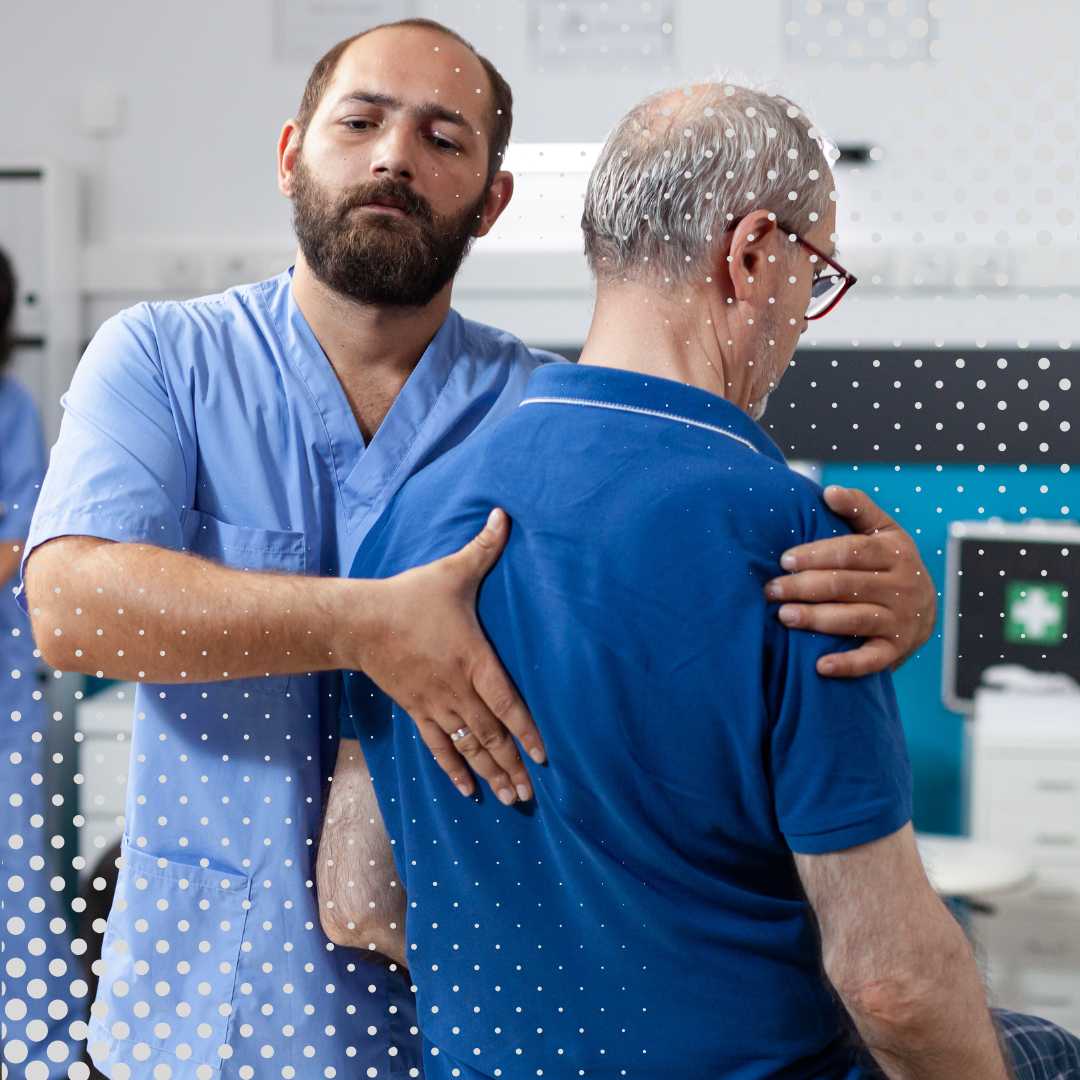

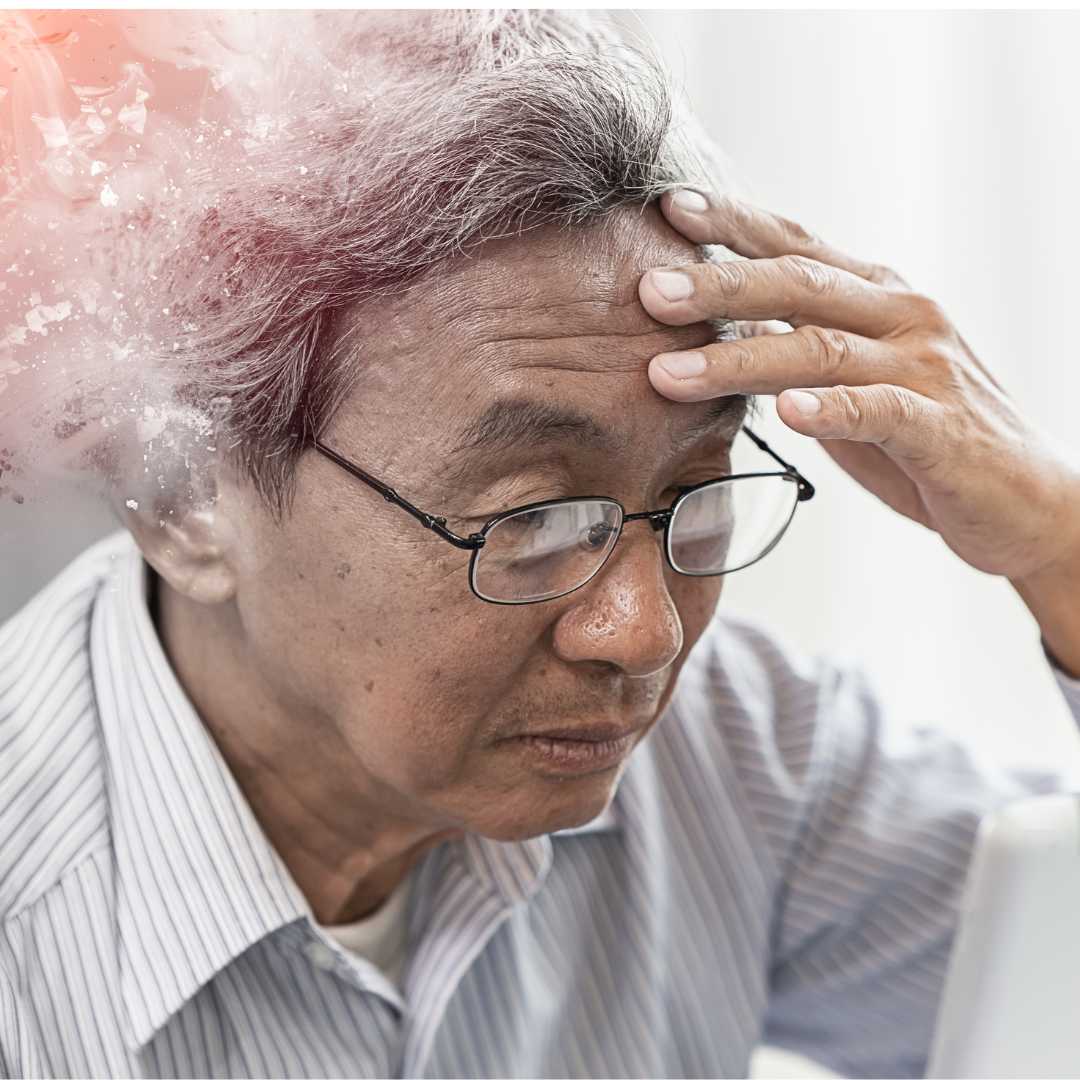

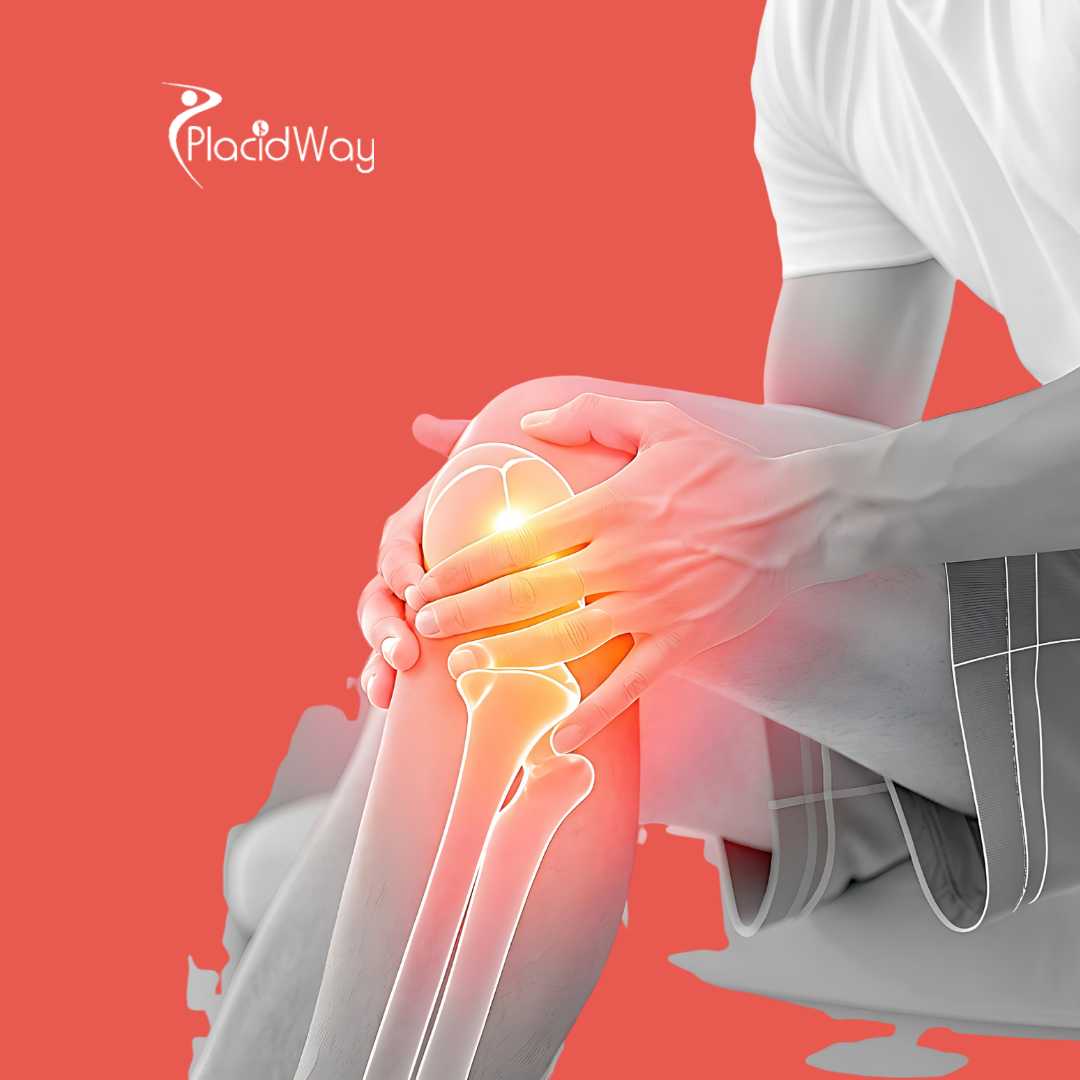
.png)
.jpg)


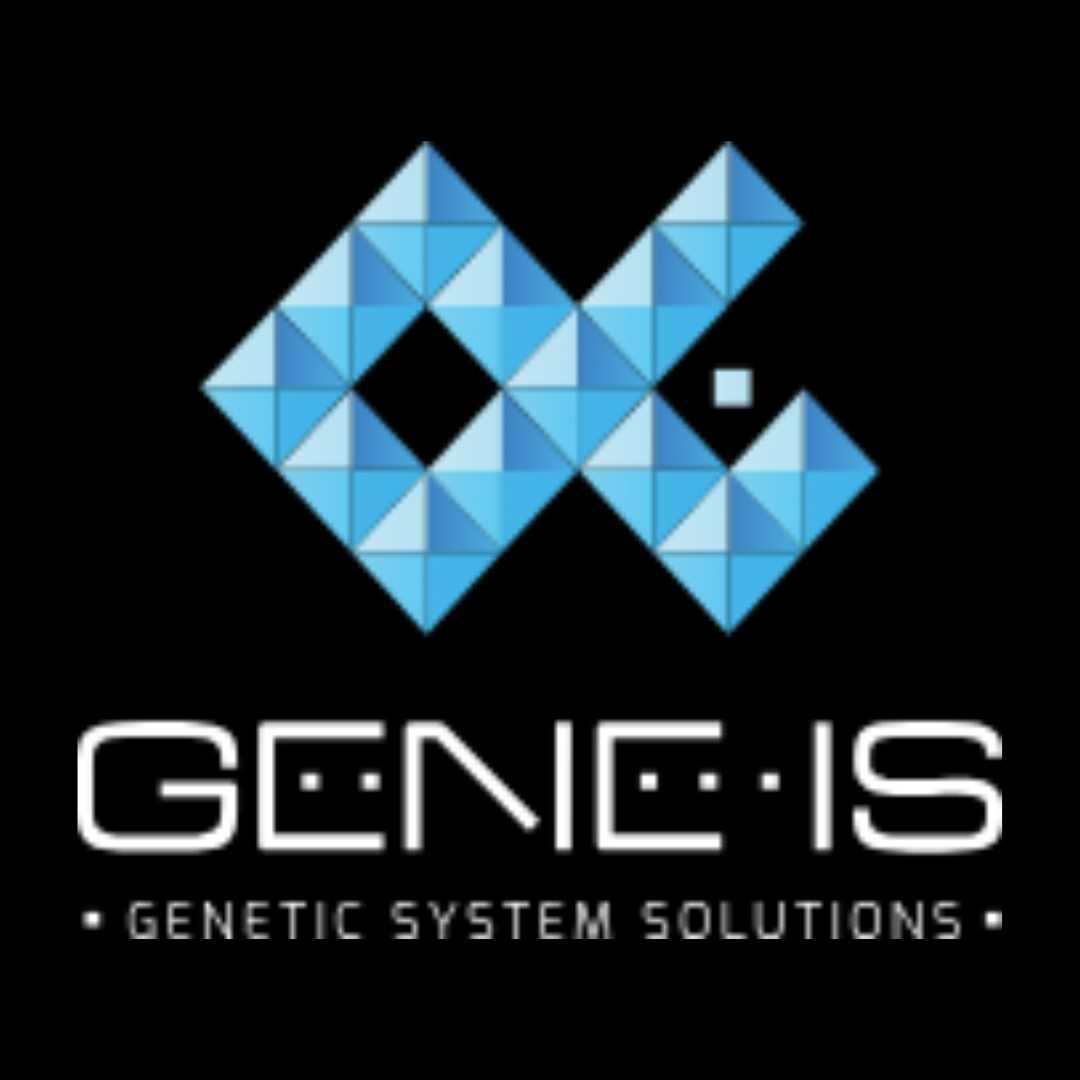
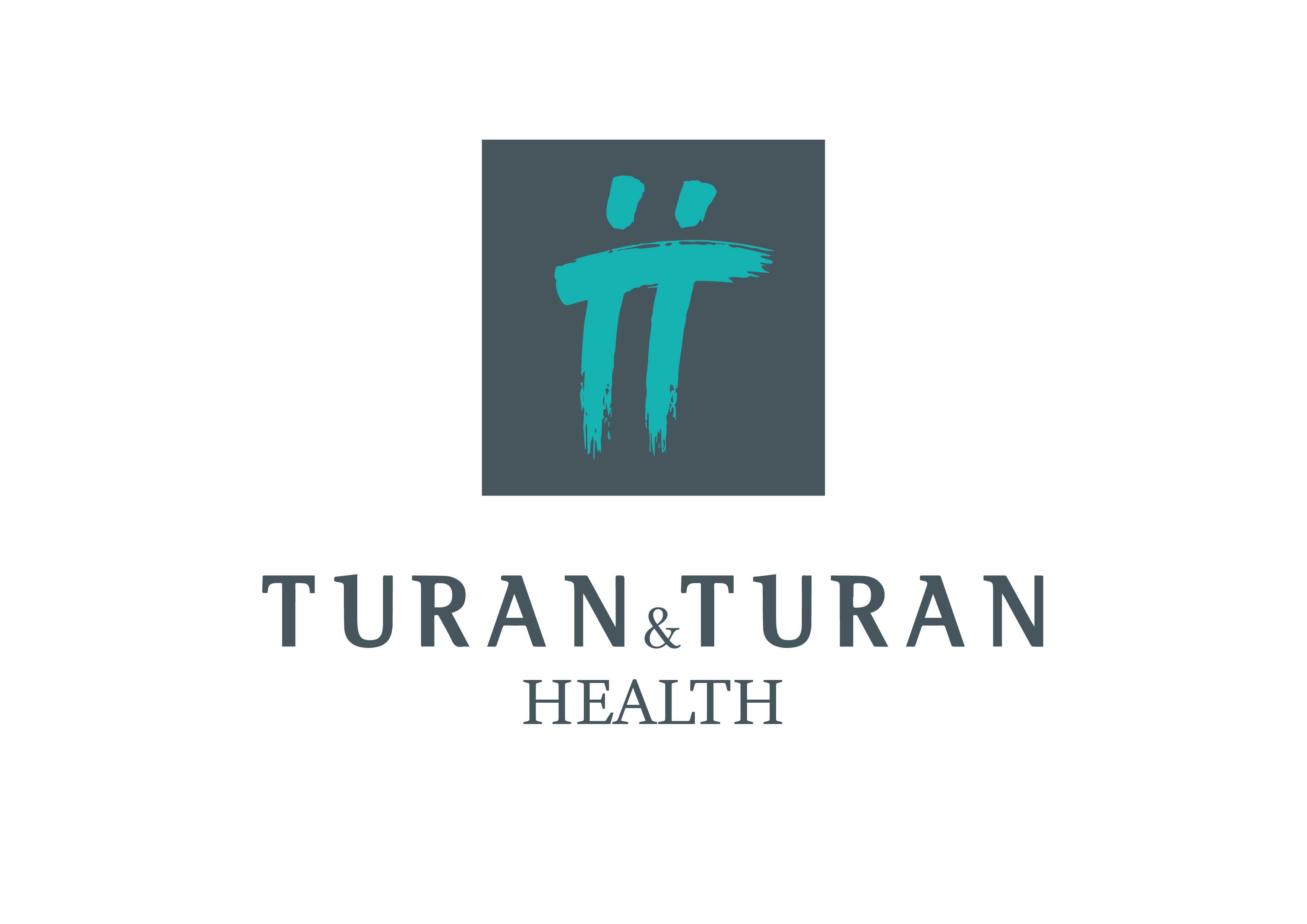
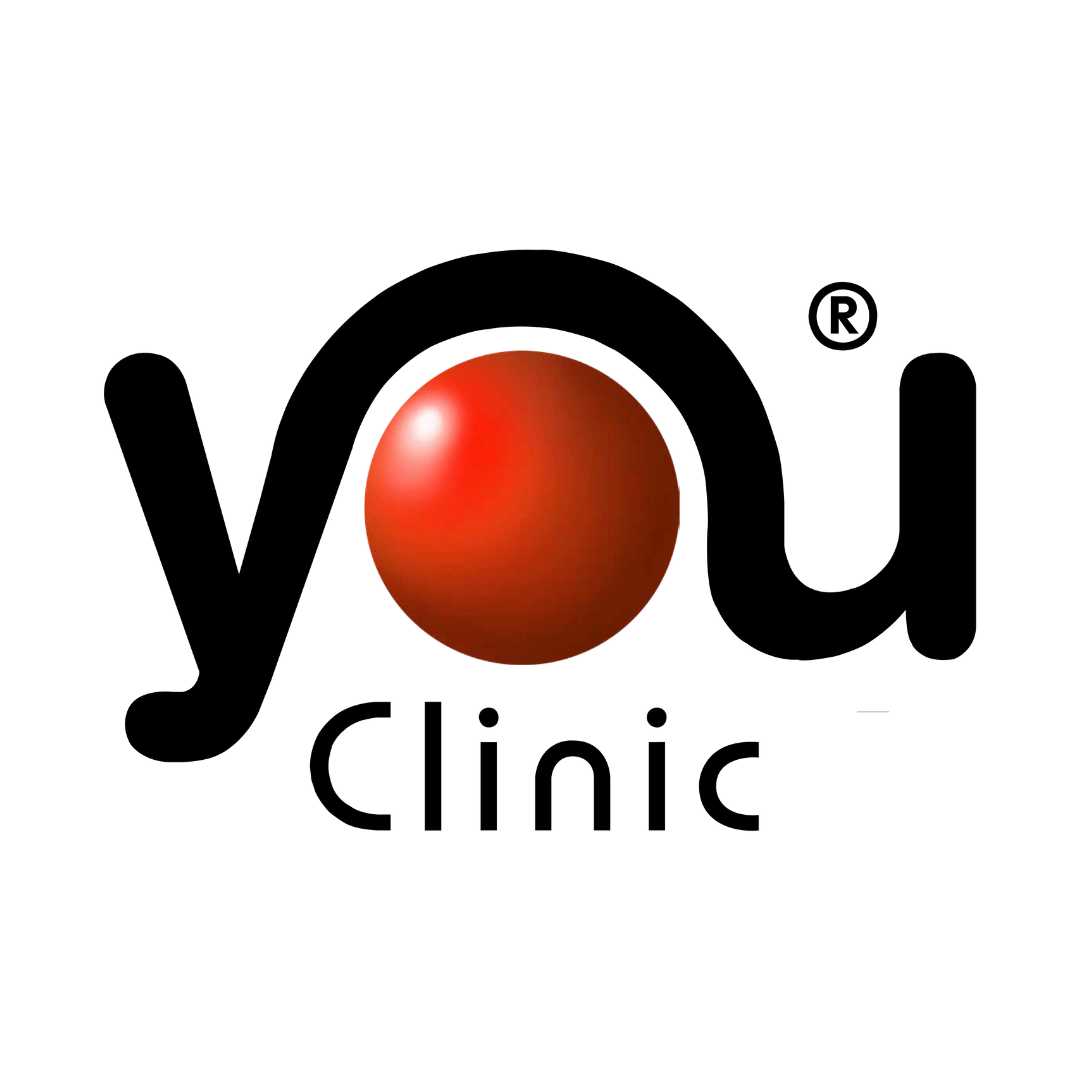


Share this listing